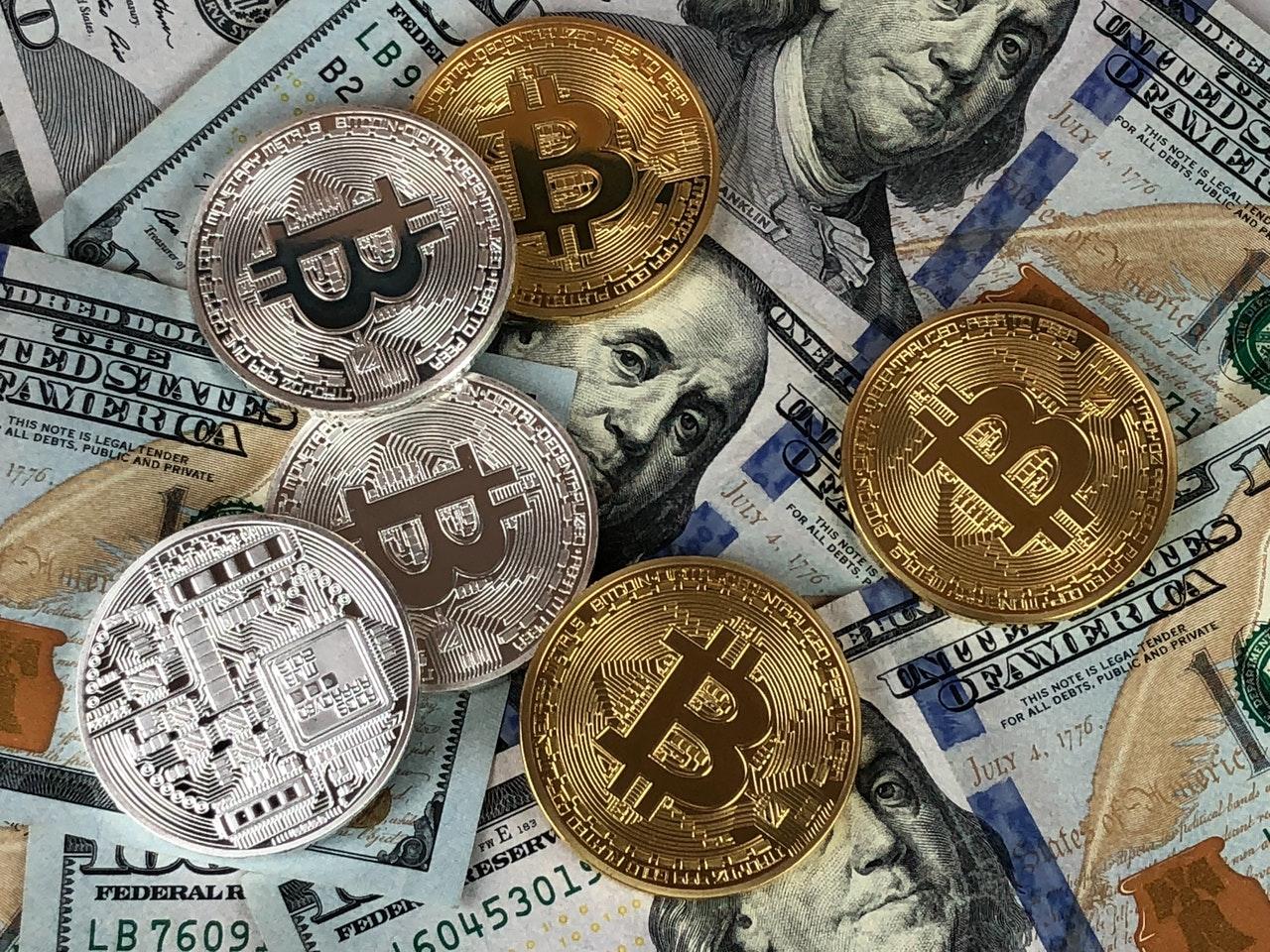The establishment of a new cyber unit was announced by the United States Securities and Exchange Commission this Monday. This unit will ensure that the blockchain industry does not violate the country’s laws and will try to prevent cryptocurrency related crime.
The announcement was expected for some time now as the SEC had formed a grip over ICOs in the USA. ICOs are held by cryptocurrency services where they offer tokens of their cryptocurrency to investors at low prices. This method has allowed the blockchain industry to amass no less than $2 billion already this year. The problem, as regulators and governments see it, is that there is no one to oversee the process, and this leads to many fraudulent companies and criminals using this method to generate funds for their purposes.
The news divides opinion in the blockchain industry. There are people who believe that the role of regulators in this manner is necessary to ensure that cryptocurrencies continue to remain valid in the future to provide for a better form of transactions. Others believe that such moves are only to ensure that financial institutions and governments continue to exercise their power over how people can use their money.
The one thing that people stand united on is that there has to be some sort of an alliance between technologists and lawmakers. Whether that should include regulations over the blockchain technology by financial institutions is something that doesn’t quite enjoy the same level of backing. Many, like Amir Taaki, claim that they don’t trust authorities at all.
The Bitcoin evangelist said that any move by regulators and authorities is their way of dealing with the threat that blockchain technology poses to their dominion over people. Eric Martindale, a Bitcoin developer, also said that the power of cryptography is superior to any regulating body, and will make government regulations meaningless in the near future. Since cryptography gives people more freedom and privacy, it will come out as a better alternative than fiat money in the long run.
Such individuals generally get a bad reputation when terms like anarchists and cyberpunks are used to identify them. However, Eric Martindale clarifies it, saying that cyberpunk is anyone who likes their own sovereignty and uses cryptography’s power for the protection of their rights. When you look at it like that, it certainly sounds a lot better and less chaotic and revolting.
Those at the core of the blockchain industry might seem like anarchists, but they’re actually people who wish to liberate others from the shackles of structures in a peaceful manner. They want to use the power of technology to make life better for everyone. Bitcoin and other cryptocurrencies earn people a lot of money, which is why more and more are flocking to them. The poor are not held down by the system since it provides equal opportunities for all. But even the cyberpunks know that some form of policies that are not against blockchain and keep the interests of people as the priority is required.

Hackers have their say on stricter cryptocurrency regulations by SEC
Many cyberpunk hackers have had their say on how they take the new regulations for cryptocurrencies by the SEC.
